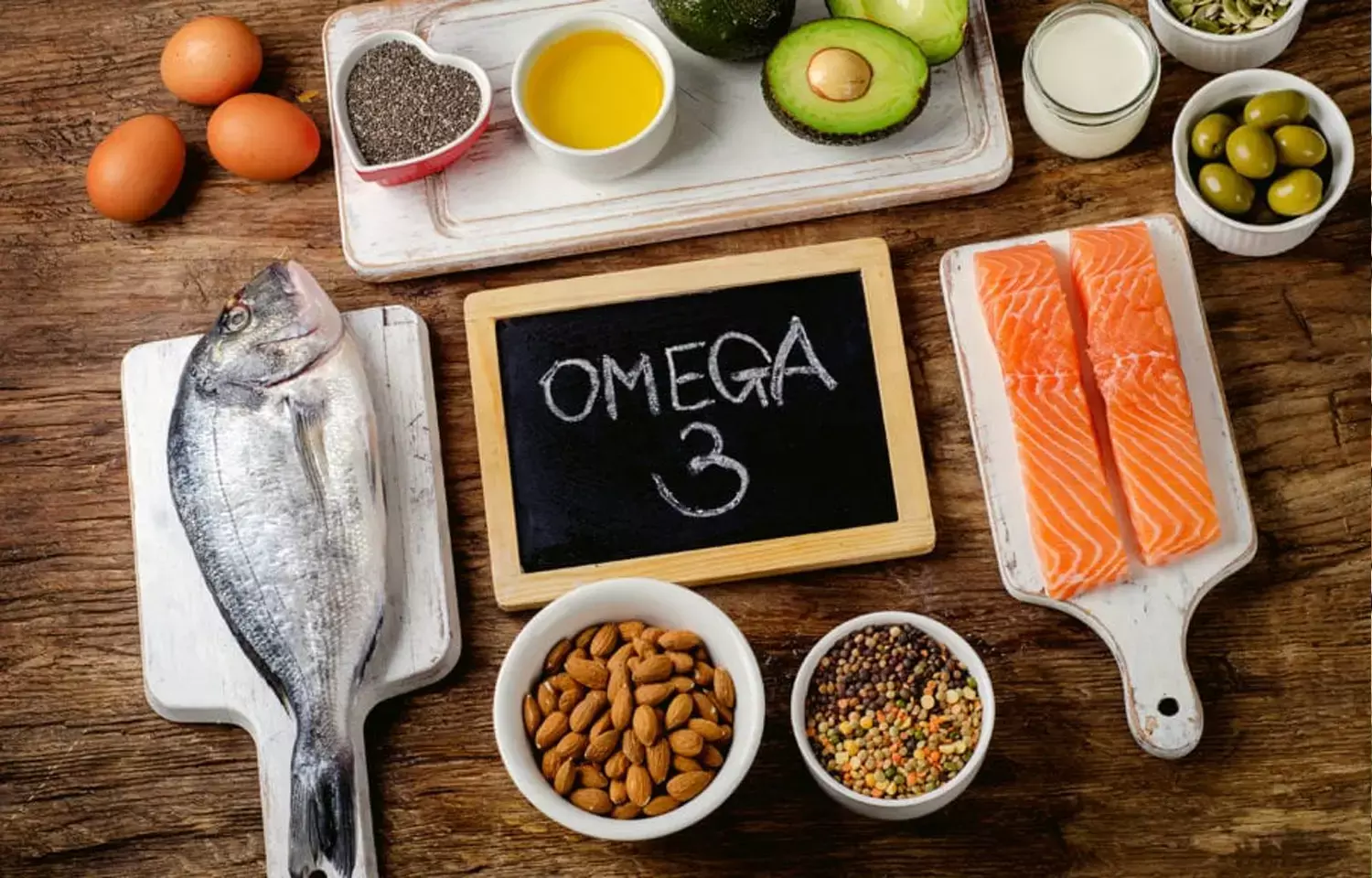- Home
- Medical news & Guidelines
- Anesthesiology
- Cardiology and CTVS
- Critical Care
- Dentistry
- Dermatology
- Diabetes and Endocrinology
- ENT
- Gastroenterology
- Medicine
- Nephrology
- Neurology
- Obstretics-Gynaecology
- Oncology
- Ophthalmology
- Orthopaedics
- Pediatrics-Neonatology
- Psychiatry
- Pulmonology
- Radiology
- Surgery
- Urology
- Laboratory Medicine
- Diet
- Nursing
- Paramedical
- Physiotherapy
- Health news
- Fact Check
- Bone Health Fact Check
- Brain Health Fact Check
- Cancer Related Fact Check
- Child Care Fact Check
- Dental and oral health fact check
- Diabetes and metabolic health fact check
- Diet and Nutrition Fact Check
- Eye and ENT Care Fact Check
- Fitness fact check
- Gut health fact check
- Heart health fact check
- Kidney health fact check
- Medical education fact check
- Men's health fact check
- Respiratory fact check
- Skin and hair care fact check
- Vaccine and Immunization fact check
- Women's health fact check
- AYUSH
- State News
- Andaman and Nicobar Islands
- Andhra Pradesh
- Arunachal Pradesh
- Assam
- Bihar
- Chandigarh
- Chattisgarh
- Dadra and Nagar Haveli
- Daman and Diu
- Delhi
- Goa
- Gujarat
- Haryana
- Himachal Pradesh
- Jammu & Kashmir
- Jharkhand
- Karnataka
- Kerala
- Ladakh
- Lakshadweep
- Madhya Pradesh
- Maharashtra
- Manipur
- Meghalaya
- Mizoram
- Nagaland
- Odisha
- Puducherry
- Punjab
- Rajasthan
- Sikkim
- Tamil Nadu
- Telangana
- Tripura
- Uttar Pradesh
- Uttrakhand
- West Bengal
- Medical Education
- Industry
Dietary fat intake associated with improved cognition among elderly: Study

China: Intake of polyunsaturated fatty acids (PUFA), particularly omega, through dietary sources may lower the risk of cognitive impairment in older adults through lowering oxidative stress, reports a recent study.
"Our findings, published in The American Journal of Geriatric Psychiatry, implies that dietary PUFA supplementation may potentially lower cognitive impairment risk via an antioxidative mechanism," Bing Cao, Southwest University, Chongqing, P. R. China, and colleagues wrote in their study.
The researchers conducted the study with the objective to evaluate the association between several dietary fats and multiple cognitive outcomes. Also, they assessed whether peripheral oxidative stress biomarkers are potential mediators of dietary fat intake and cognition relationship in the elderly.
For this purpose, total fat, saturated fatty acid (SFAT), monounsaturated fatty acid (MUFA), polyunsaturated fatty acid (PUFA), cholesterol, ω-3, and ω-6 fatty acids were used to evaluate dietary fat intakes through data from National Health and Nutrition Examination Survey 2011-2014. The researchers assessed cognitive outcomes by ord learning and recall modules from the consortium to establish a registry for Alzheimer's Disease (CERAD), animal fluency test, and digit symbol substitution test (DSST). Antioxidant biomarkers were assessed by bilirubin, gamma-glutamyl transpeptidase (GGT), uric acid, and vitamin D levels.
Following were the key findings of the study:
- A total of 2253 elder adults were included in the data analyses.
- Dietary intake of PUFA and ω-6 fatty acid were positively associated with DSST.
- GGT was negatively associated with DSST, whereas uric acid was positively associated with CERAD total score.
- The association between dietary intake of PUFA/ω -3/ω -6 and DSST performance was partially mediated by GGT level.
"Dietary intakes of PUFA and ω-6 fatty acid were positively associated with DSST performance," wrote the authors. "The association between dietary intake of PUFA/ ω-3/ ω-6 and DSST performance was partially mediated by GGT level."
To conclude, dietary supplementation of PUFA may potentially reduce the risk of cognitive impairment via antioxidant mechanisms.
Reference:
The study titled, "Oxidative Stress Mediates the Association Between Dietary Fat Intake and Cognition in US Older Adults," was published in The American Journal of Geriatric Psychiatry.
Dr Kamal Kant Kohli-MBBS, DTCD- a chest specialist with more than 30 years of practice and a flair for writing clinical articles, Dr Kamal Kant Kohli joined Medical Dialogues as a Chief Editor of Medical News. Besides writing articles, as an editor, he proofreads and verifies all the medical content published on Medical Dialogues including those coming from journals, studies,medical conferences,guidelines etc. Email: drkohli@medicaldialogues.in. Contact no. 011-43720751


